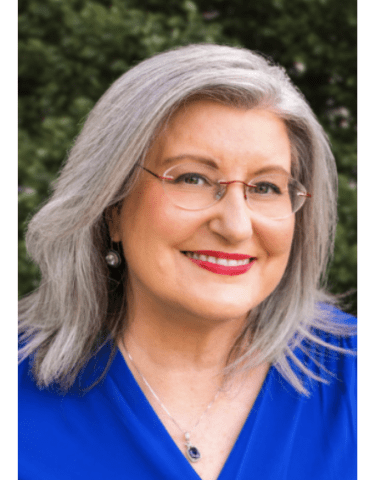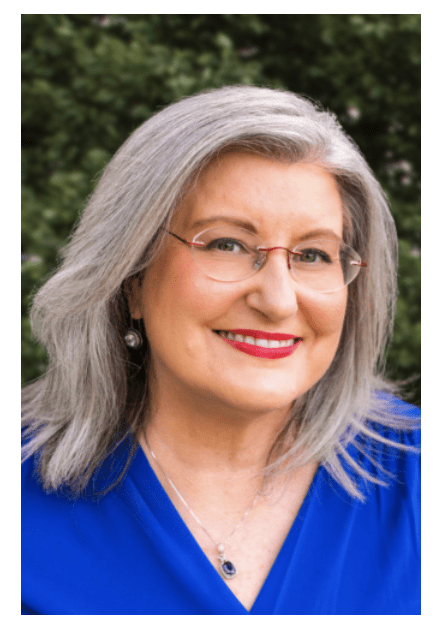
Avoiding Senior Phone Scams

Dementia family coach Faith Marshall joins Suzanne to talk about vulnerable or lonely seniors who are vulnerable to be taken advantage of. Scammers can falsify the caller ID. Faith described an experience with one of her clients that scammed him out of $2,500 over multiple days, and him thinking they were helping him with a computer problem. If a caller knows your name, that’s not enough. If they claim to know your card number, make them say the whole number. Never pay for something over the phone. Have them call you back tomorrow – if they’re legitimate, they will, and that gives you time to research their phone number. Or if whatever the “crisis” is is legitimate, you yourself can call the company using numbers you have on your bill to confirm whether it’s true.
Faith says, “I even received a phone call from my credit union, that said they were the credit union calling with a fraud alert, which the credit union does. I got sucked into it the whole conversation. Next thing I knew the guy had moved money from my savings account to checking, entered himself as a bill pay and then I hung up and I called the real fraud prevention line, and they hadn’t called me, and they were able to stop it, but he was ready to empty my checking account and, and it was kind of like, oh stupid. You know, I know this stuff, but you just get sucked into it.”
Suzanne says, “If they’re asking you for a card number, they have a card processor. They are traceable. Pay attention to what people are asking you. Don’t give out personal information to a stranger on the phone. If it’s your bank, they already have your information. They’re not gonna ask you for those things. If your loved one is vulnerable, find ways to help them keep their dignity, because they still have their autonomy, they still have the right to purchase things if it’s their money, but it’s finding a way to work with them, not against them.”
AARP’s Fraud Watch Network Helpline is at 877-908-3360. It helps seniors monitor scams and reports it to the federal government. If something happens, report them.
Learn more at Faith Marshall’s AFE page and at dementiafamilycoaching.com. You can email Faith at faith@faithmarshall.com or call her directly at (855) 363-2484.
See omnystudio.com/listener for privacy information.
Click here to read the full article
